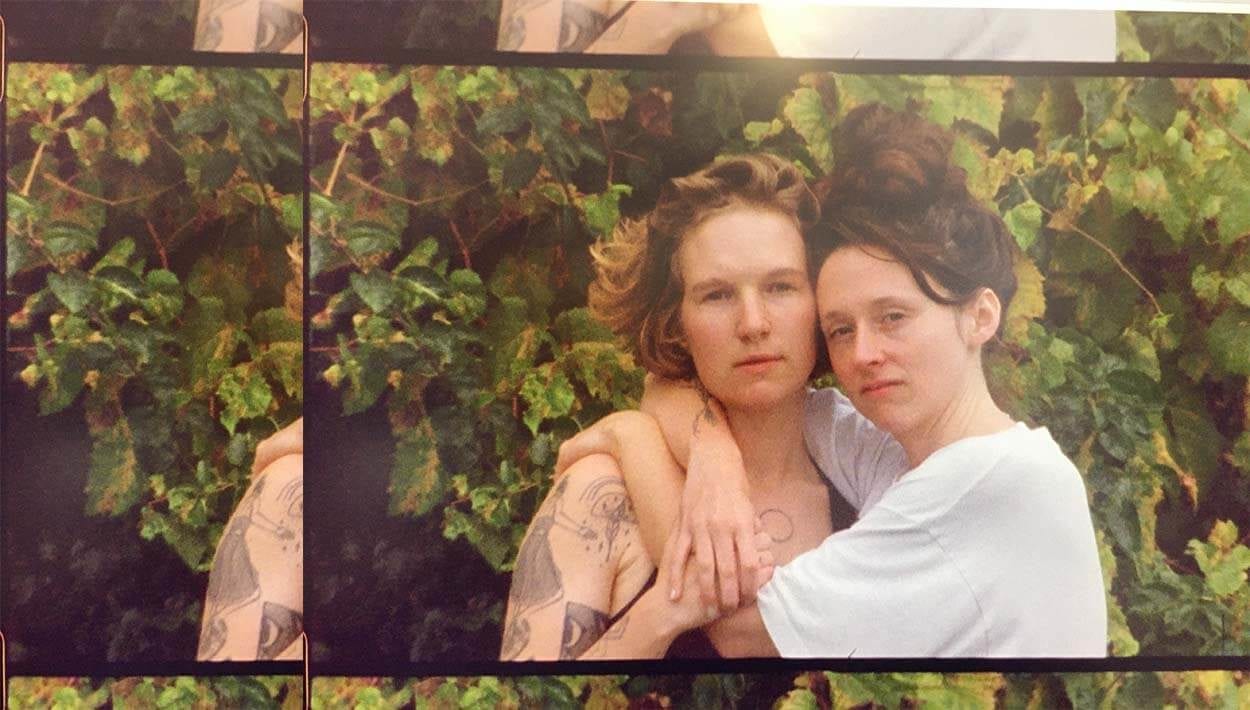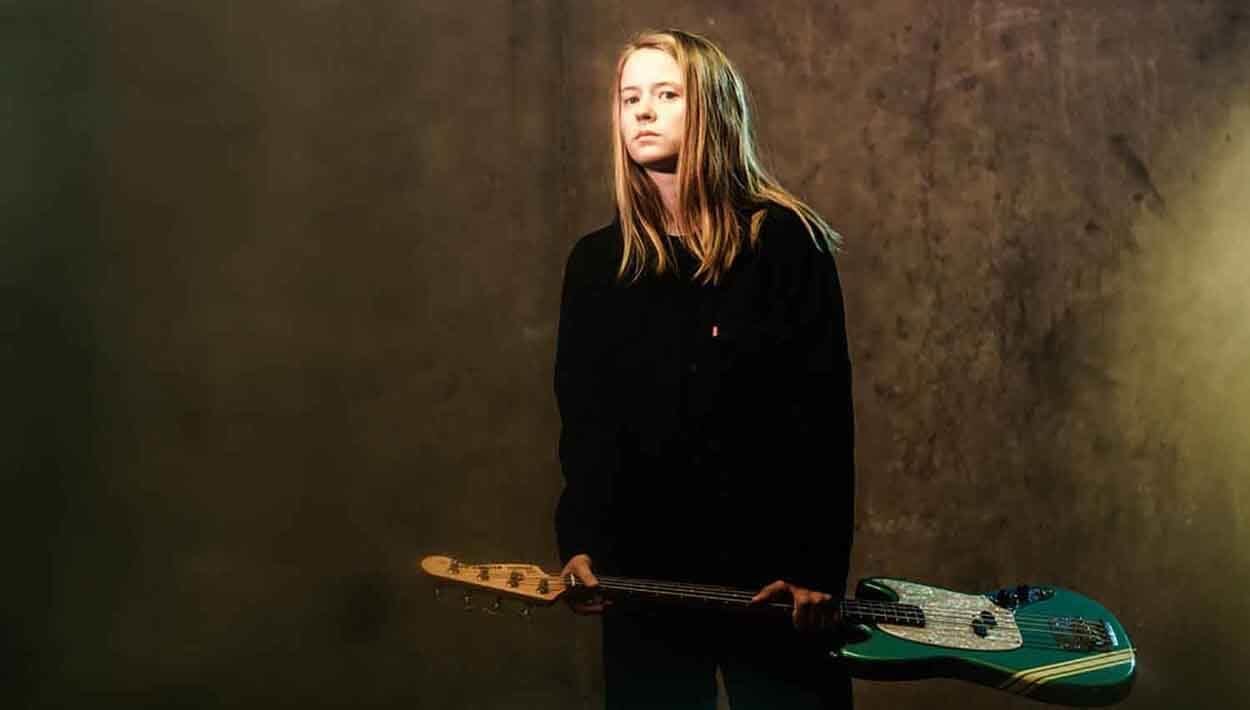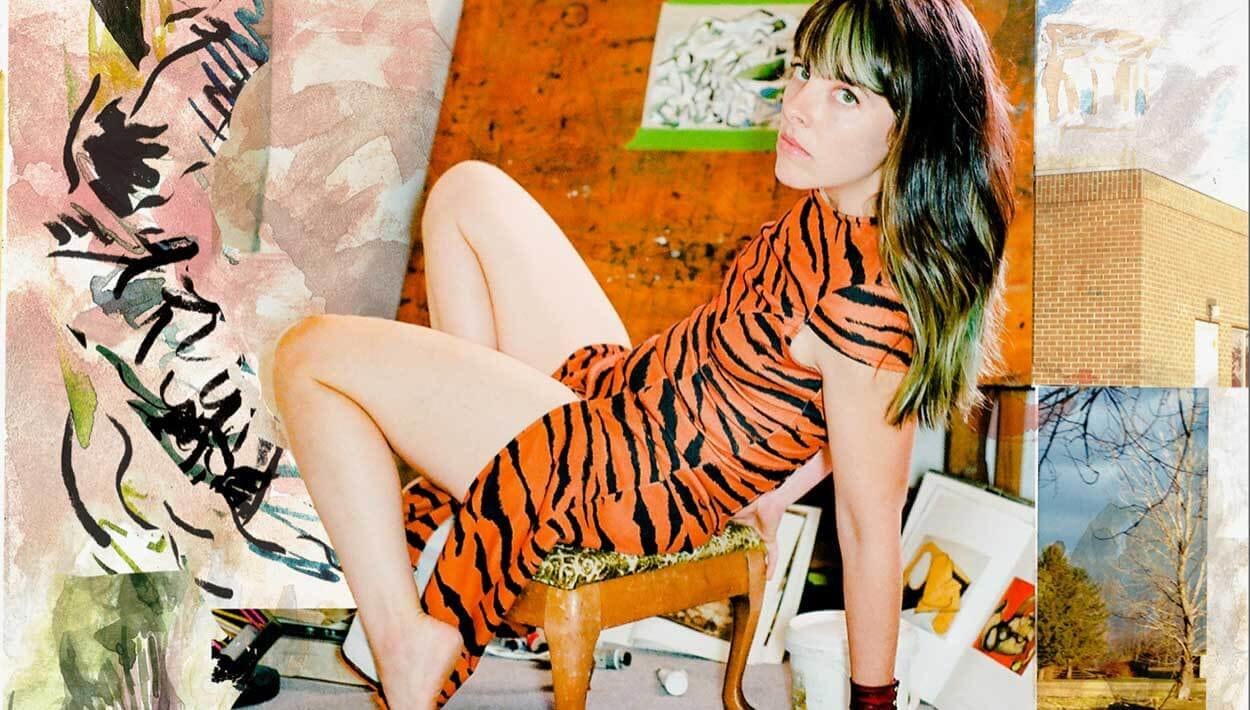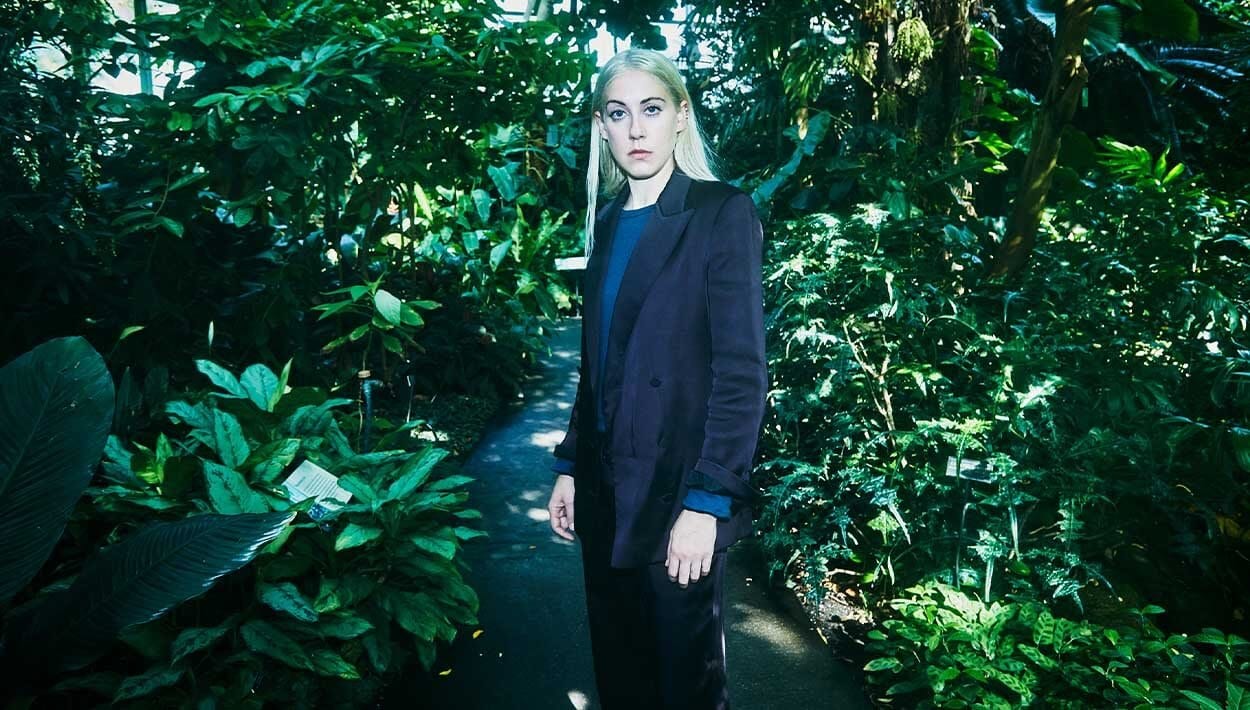Premiere: Pill, “Fetish Queen”
Comprised of bassist/vocalist Veronica Torres, multi-instrumentalists Andrew Spaulding and Jonathan Campolo, and saxophonist Benjamin Jaffe, Brooklyn’s Pill has been rising to the forefront of NYC D.I.Y. over the last couple of years while maintaining a purposely low profile, choosing to focus on their music rather than Internet presence and relying on word-of-mouth to spread the details of their many shows.
To no surprise, the “old school” tactics yielded great results in terms of music. Following a riveting self-titled EP in 2015, Pill has returned this month with a stunner of a record, Convenience.
Though Convenience is Pill’s debut album, its churning mix of post-punk, noise, no-wave, free jazz, spoken word, and other experimentations is hardly the work of “newbies.” Through Torres’ urgent, socio-politically charged vocals and an ever-changing, sometimes dystopian wash of sounds, the four-piece tackle some of the most pressing issues of modern living while keeping the listener guessing at every turn. Its dynamic highs and lows may not be for the faint of heart, but those who are up for the challenge are in for an incredible ride.
“Fetish Queen,” the latest single to be revealed from Convenience, is one of its most straightforward tracks, with Jaffe’s frenzied saxophone intertwining with Torres’ vocals about gender politics and female sexuality over an enticing, syncopated dance-punk beat that taken together could be the 21st-century, East Coast answer to X-Ray Spex’ iconic “Oh Bondage! Up Yours” (and speaking once more to the record’s diversity, this is the only time that reference point even enters the picture).
Check out “Fetish Queen,” learn more about Pill via our interview with Torres below, and get ready for Convenience when it comes out on August 19.
She Shreds: Pill bridges classic NYC post-punk, no wave, and free jazz with and a variety of modern influences and themes, so it seems at once “genre-less” and part of a continuum of innovative rock music to emerge from the city. Do you feel that Pill is part of that tradition? If so, how would you sum up the threads between New York’s outsider rock artists, past and present, and its influence on Pill?
Veronica Torres: I try not to get too heady about this kind of stuff since I think all genres in general are a call and response to music scenes and styles of the past, where we envision our present, as well as socio-economic influences and technological advancements.
That being said, yes, I definitely think we are influenced by the soul of NYC’s outsider history and spirit. Andrew, Jon, Ben and I are all rock nerds for sure, but I would say our sound came out organically and it’s just what happened when we started playing. For example, I knew I wanted to be wailing and to have a strong persona on stage and Ben was trying to find people to play with that were willing to open their ears up to a sax that embraces human qualities and doubles as a vocal.
More than anything, I think the “anything goes” attitude of NYC punk history was more important to us when we got together than any specific band.
She Shreds: Can you share a little more about the band’s interest in free jazz and experimental song structures? How does it shape what you all brought to the table when it came to writing Convenience together? How does your role of as bassist differ than it might in more straightforward rock or punk styles?
Veronica Torres: Well, some of our structures can be quite simple. I have only been playing bass for the past few years so when we jam there’s definitely a repetitive kind of swing beat that I groove in. I think our free jazz vibe is really a general openness to improvisation and that we aren’t shy to mix a lot of styles together. Neu!- inspired drums layered with a sexy sax part, and heavily-effected guitar? Let’s try it!!
I read that you work in the photo department for a major media company and it struck me there is a contrast between the (presumably) beautiful-in-a-conventional-sense art you are around by day and the beautiful weirdness that is Pill. Has your work influenced your songwriting and vice versa? Do you have any tips for other musicians for how to tap into their “weird side” when it comes to writing music?
I will answer this question in terms of the saccharine and the untamed. I don’t think anyone lives in a hole enough to not be able to read images of what is being sold to them. At this point in culture we have so many images at our fingertips when we open a browser. The porn, the luxury items being sold, and war images all come up in a series of tabs when trying to read the news, play a game, or check out the local art show listings. That is not that they need not go unquestioned, but I think that people are able to discern between them.
You can tie these small intersections of culture into a larger conversation of blending high and low, or craft with art. We are in a space where artists and corporations play with these same ideas and as a band we thought a lot about these ideas both in lyrics and in song crafting. The lyrics for both “60 sec” and “Jenova” specifically reference these duplicitous lives of images : one being travel magazines that reference cities with political struggles as desirable destinations, and another being a partner’s face caught in night vision surveillance to create a sense of unease and beauty.
As far as getting weird and tapping into your creativity… Pay attention to your surroundings, listen to your brain and body when you feel uncomfortable and ask why (even when you aren’t sure if that’s truly why…), and be open to people, learning, and change.
Tell me more about “Fetish Queen.” The track is one of many songs that touches on social and political issues using personal imagery and first-person narratives. What appeals to you about writing this way?
First-person narratives breathe an honesty that when talking about social and political subjects (or anything sensitive) creates a space where even if you are writing semi-fictionally, you have to create a space of truth. If you can’t bear it as your truth while singing then you shouldn’t be singing it. There is also a special relationship with the audience when you are singing from the “I.” There is more empathy for the vulnerability that surrounds it. The “I” is so temporal. It’s a constantly evolving, questioning state masked in assurance. In my short 30 years on this earth my “I” at least has swung around in a dizzying state… almost like trying to slow a moving pendulum on one spot. I think there is inherent growth implied in the concept. Despite my personal political beliefs, I want to always leave room for that part of myself, and that in society and others, to be free to move and question. I get frustrated when some songwriters take on a militant stance with politics on any scale. The world is too complex for a grand yet simple statement like “Fuck (power structure).”
Last, what bass / gear did you use on Convenience? Is there one thing in particular in your setup that you can’t live without, not to be dramatic or anything…?
I was down at Gonerfest 11 in Memphis (a super rock ‘n’ roll town!) when I decided “Yep, I need to level up!” I put away the Fender Squire that my friend had loaned me while I was initially learning and bought a Fender Musicmaster. It felt like an in-my-budget buy and a good next step that makes me want to practice all the time, and I feel more comfortable on a short scale. For this record I mainly used Death By Audio’s Fuzz War pedal. I want everything they make.














Comments
Kathy Acker would eat this whole band for breakfast and still get them to pay for her cab
Comment by DD Ramone on August 3, 2016 at 10:35 pmGood thing she also wasn’t into positioning progressive underrepresented voices against each other in a rigged game.
Comment by Kathy Hacker on August 13, 2016 at 8:46 am